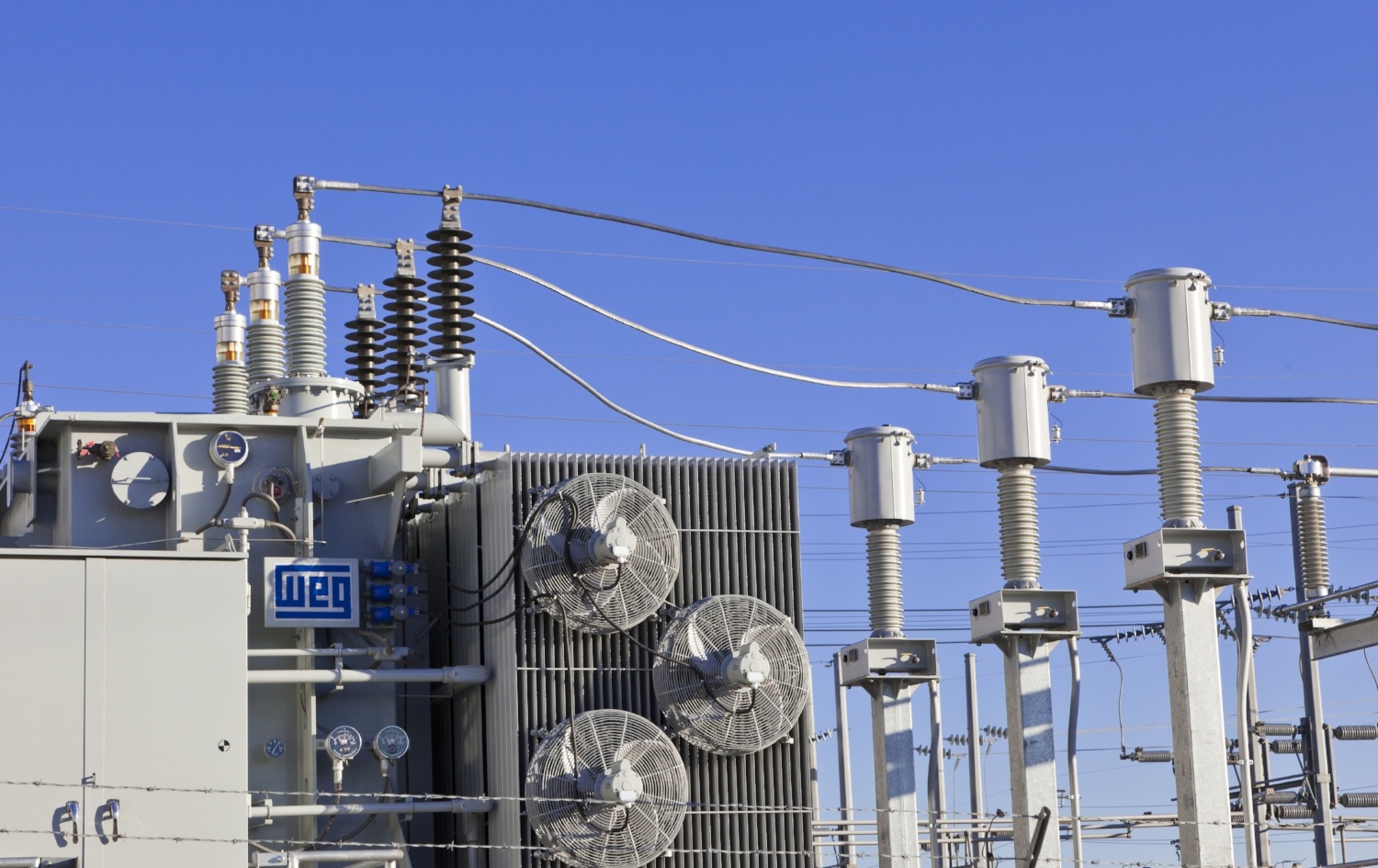PORTFOLIO IDENTIFICATION STAGE
We assisted Vectren South as it evaluated potential future power supply portfolios. Under consideration were a variety of power supply planning initiatives, including generator retirements, replacement capacity, transmission reliability and congestion impacts. Subsequent to the portfolio identification, we evaluated bids in a competitive solicitation process seeking new combined cycle gas turbine facilities throughout Indiana. Bids were then evaluated based on criteria including cost, state of project development, experience and other risks.

Another important consideration in the evaluation of potential new power supply options was congestion (during higher load times) impacts. We used data to model the facility and associated interconnection upgrades in a security-constrained economic dispatch model representative of the Midcontinent Independent System Operator (MISO) market operations.
MAKING THE CASE
Every procurement of new power supply in the market includes costs beyond producing it. Our analysis sought to identify costs of delivering the power. Though relatively cheaper options from an upfront capital expenditure basis could be considered, the analysis revealed that, based on locations removed from Vectren South’s system, it resulted in a higher cost to ratepayers.
Vectren South used the studies addressing congestion concerns to arrive at a self-build option for its system. As a public utility regulated by the IURC, permission was needed to set rates allowing the utility to generate $781 million to fund the project. The proposed strategy would retire four coal-fired units and replace them with a new combined cycle generating resource and reduce carbon emissions by more than 50 percent from current levels.
The case was filed in March 2018. We provided expert witness testimony and analysis support to Vectren South during the public comment period and formal testimony before the IURC. Our team manages the case responses and comments, and is presenting testimony leading up to the decision, which is due before the end of 2018.
SERVICES PROVIDED
- Integrated resource planning and portfolio optimization
- RFP development and bid evaluation
- Generator interconnection assessment
- NERC compliance assessment
- Congestion analysis
- Economic pro forma valuation
- Expert witness testimony
COLLABORATIONS ARE CUSTOMIZED
We help our clients understand the trade-offs when building new plants by examining economic projections and considering demand over the long term. Our process is customized so utilities can select a preferred strategy based on relevant factors informing how best to spend capital.
While utility commissions don’t require independent analysis, an independent evaluation provides unbiased direction to guide projects through formal hearings. What results, however, is a collaboration that produces more informed decisions and includes a partner experienced in the details of navigating the process.